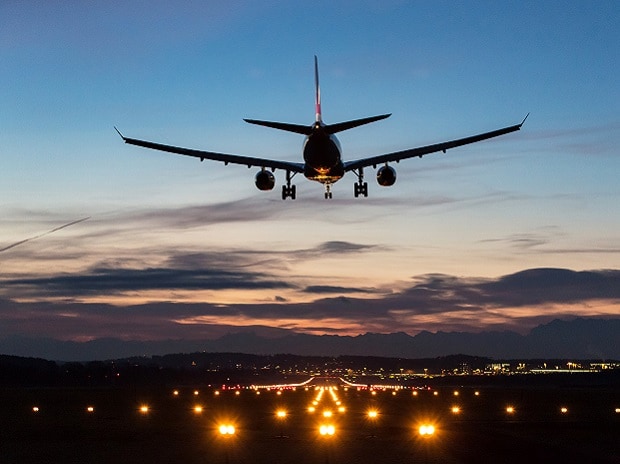Tensions between Iran and the United States have been steadily escalating for months. After a US strike killed a top Iranian commander last week and Iran launched retaliation strikes on Wednesday.
BS
: Tensions between Iran and the United States have been steadily
escalating for months. After a US strike killed a top Iranian
commander last week and Iran launched retaliation strikes on
Wednesday.
April
8, 2019: Washington declares Iran's elite Revolutionary Guard Corps a
"terrorist" group. Its Quds Force, which operates abroad,
is also put on the blacklist.
May
5: White House national security adviser John Bolton announces the
deployment of an aircraft carrier and a bomber task force to the
Middle East.
May
8: A year after Washington unilaterally withdrew from an
international 2015 deal curbing Iran's nuclear programme and
reimposed sanctions, Tehran warns it is prepared to resume nuclear
activity.
Trump
announces new measures against Iran's
steel and mining sectors.
May
12: four ships, including three oil tankers, are damaged in
mysterious attacks in the Gulf that the United States blames on Iran.
May
25: the United States says it is deploying 1,500 additional troops to
the Middle East to counter "credible threats" from Iran.
June
13: Two tankers, Norwegian and Japanese, come under attack in the
Gulf of Oman. Washington, London and Riyadh blame Iran, which denies
involvement.
June
20: Iran's Revolutionary Guard says it shot down a US drone that
violated Iranian airspace near the Strait of Hormuz.
Trump
approves a retaliatory strike, but cancels it at the last minute.
June
24: Trump announces "hard-hitting" financial sanctions on
Iran's supreme leader Ayatollah Ali Khamenei and senior Iranian
military leaders.


